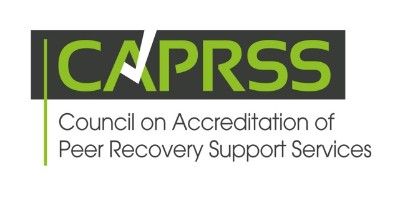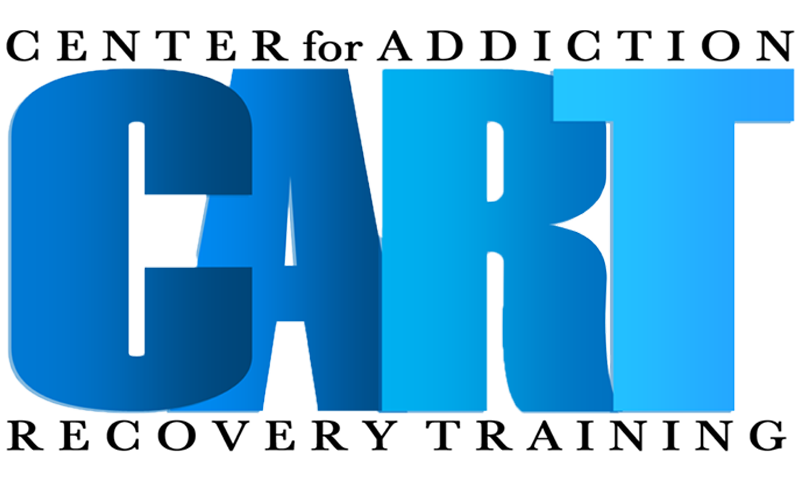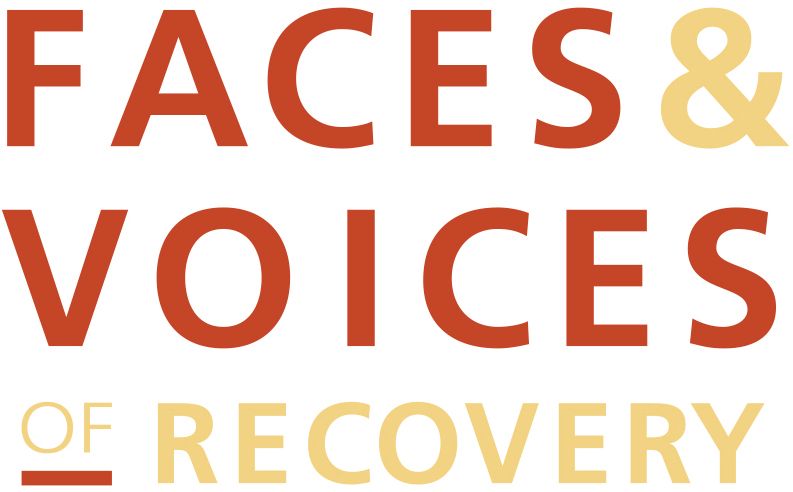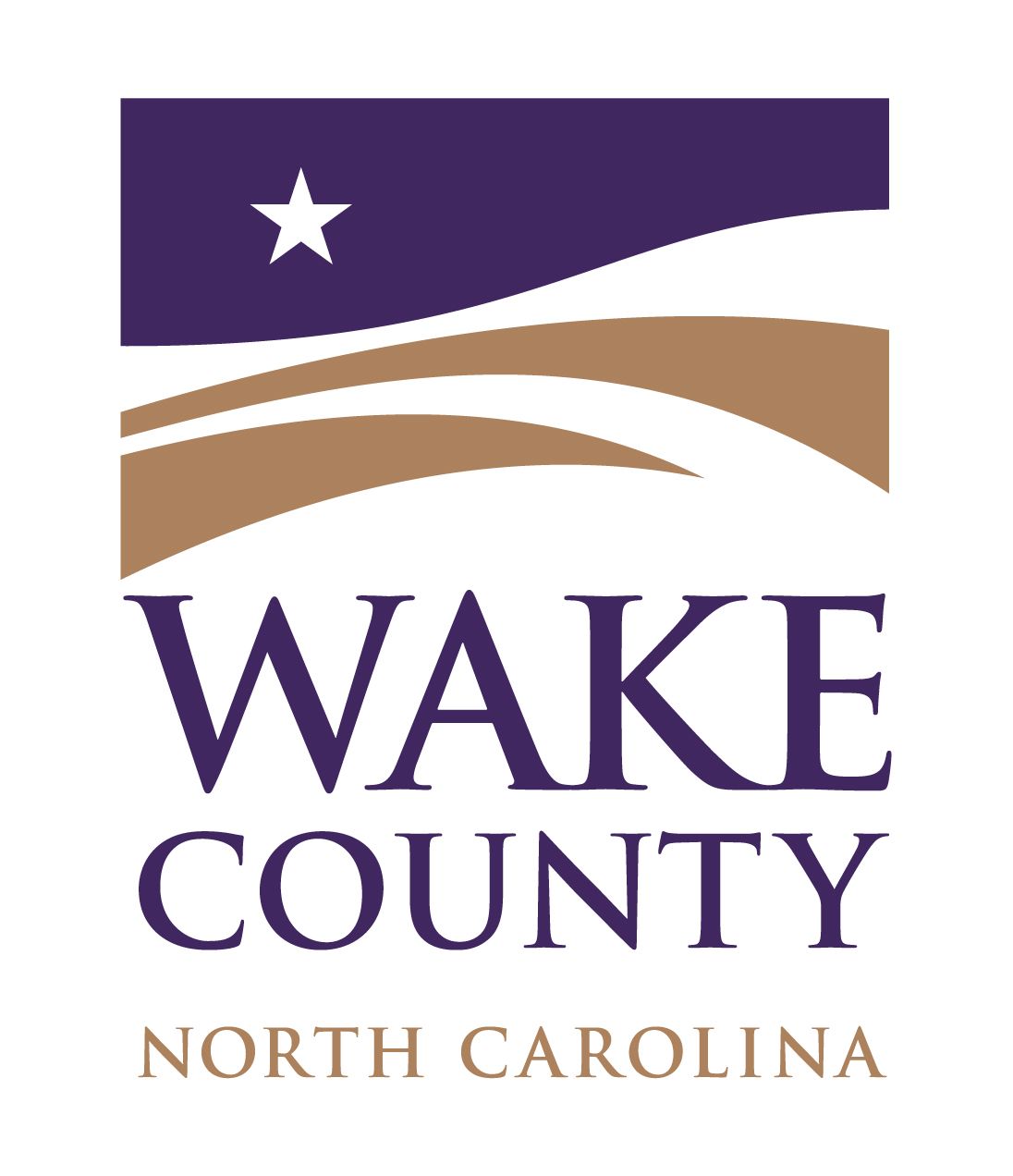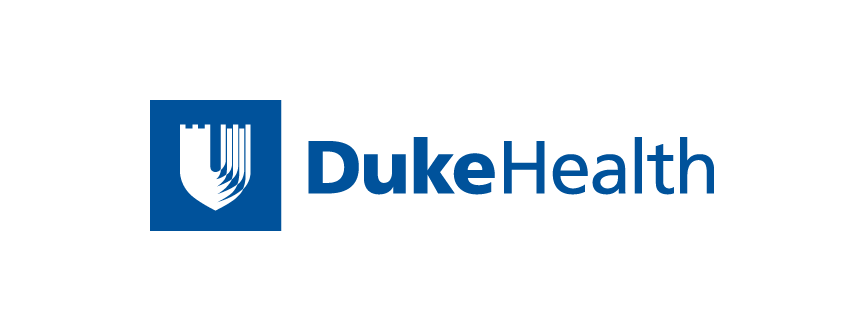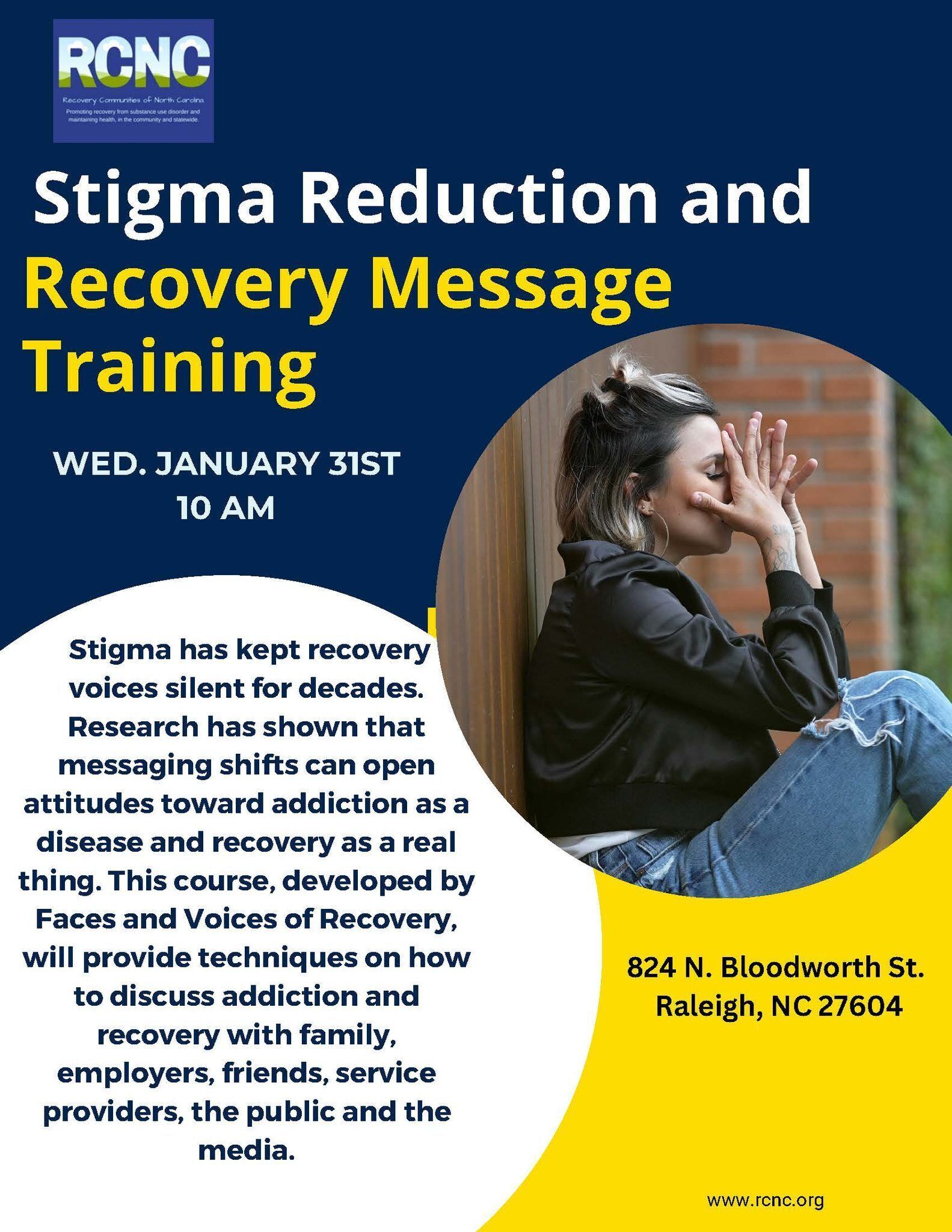
Date: January 31st, 2024
Time: 10:00 AM
Stigma has long been the silent adversary of those on the recovery journey. For decades, individuals battling addiction have faced a world mired in misconceptions and judgments, preventing their voices from being heard and their stories from being shared. Recognizing the need for a transformative change in public perception, the Recovery Communities of North Carolina (RCNC) has organized a groundbreaking Stigma Reduction and Recovery Message Training scheduled for January 31st at 10:00 AM.
This training program, developed by Faces and Voices of Recovery, is set to be a pivotal moment in the fight against addiction stigma. Research has consistently demonstrated that subtle shifts in messaging can lead to a more open and empathetic attitude toward addiction as a disease and recovery as a tangible, achievable goal.
The primary objective of this course is to equip participants with the tools and techniques needed to engage in constructive conversations about addiction and recovery. The curriculum will cover strategies for discussing these sensitive topics with family members, employers, friends, service providers, the general public, and even the media.
Faces and Voices of Recovery, a leading advocacy organization in the field, brings a wealth of expertise to the table. Drawing on years of experience and a commitment to empowering individuals in recovery, their curriculum is designed to break down barriers and foster understanding.
Key components of the training include:
- Changing the Narrative: Participants will explore the power of language in shaping public perception. By understanding the impact of certain words and phrases, individuals can work towards reshaping the narrative around addiction and recovery.
- Personal Storytelling: Sharing personal stories can be a potent tool in humanizing the experience of addiction and recovery. This training will guide participants in crafting and sharing their narratives effectively, fostering a connection with their audience.
- Engaging with Different Audiences: Participants will learn how to tailor their messages to different audiences, whether it be family, employers, friends, service providers, the public, or the media. Each group requires a nuanced approach, and this training will provide insights into navigating these diverse conversations.
- Media Literacy: In an era dominated by media, understanding how to engage with journalists and media outlets is crucial. The training will cover media literacy and offer tips on effectively communicating the realities of addiction and recovery to the wider public through various media channels.
By empowering individuals with the skills to articulate their experiences and educate others, RCNC aims to chip away at the entrenched stigma surrounding addiction. The ripple effect of these conversations can be profound, contributing to a better-informed society that is more compassionate and supportive of those on the path to recovery.


